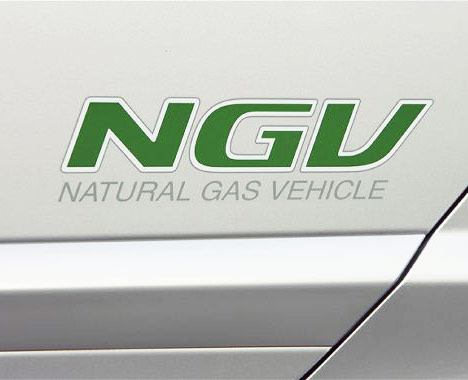Clean State Program Holds Stakeholder Meeting July 10
 By: Kelly Bragg, West Virginia Department of Commerce
By: Kelly Bragg, West Virginia Department of Commerce
West Virginia’s new compressed natural gas corridor is under way and more stations were announced in the state’s propane fueling infrastructure during a stakeholders’ meeting of the W.Va. Clean State Program at the National Alternative Fuel Training Consortium in Morgantown on July 10.
“Making it Happen in WV” brought together a panel of experts who have had natural gas or propane success in the state to share experiences with attendees who may be thinking about using the fuels in their fleets or municipalities.
The W.Va. Clean State Program is West Virginia’s Clean Cities coalition, one of nearly 90 nationwide. Sponsored by the U.S. Department of Energy’s Vehicle Technologies Program, Clean Cities is a government-industry partnership designed to reduce petroleum consumption in the transportation sector. The clean-burning characteristics of alternative fuels such as CNG and propane contribute to improving the nation’s air quality, and, thanks to the state’s energy resources, the economic development potential of West Virginia.
T.J. Meadows, state manager for IGS Energy, the developer of West Virginia’s CNG corridor, reminded the group of the January announcement of three fueling stations in West Virginia at Charleston, Jane Lew and Bridgeport with a fourth at Mt. Morris, Pa. Construction has begun on the station at Bridgeport and all three of the West Virginia stations should be open by the end of the year. “Additionally, we have a deep desire to build stations throughout West Virginia,” Meadows said.
Bret Chandler of Triana Energy and managing director of Propane Fuel Technologies briefed the group on the status of propane infrastructure in West Virginia. A new station has been built in Charleston and five more are planned in Beckley, Parkersburg, Fairmont, Martinsburg and Huntington with completion by the end of September, Chandler said. They will have 24-hour access and be open to the public.
A major point of education during the meeting involved the complementary nature of propane and natural gas as West Virginia fuels. Both fuels are produced from drilling operations across the state.
